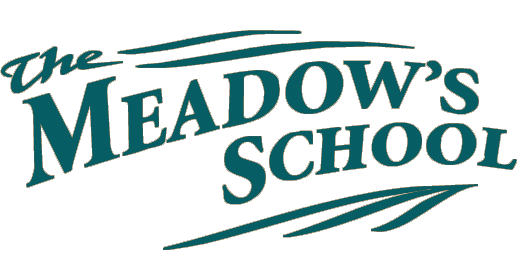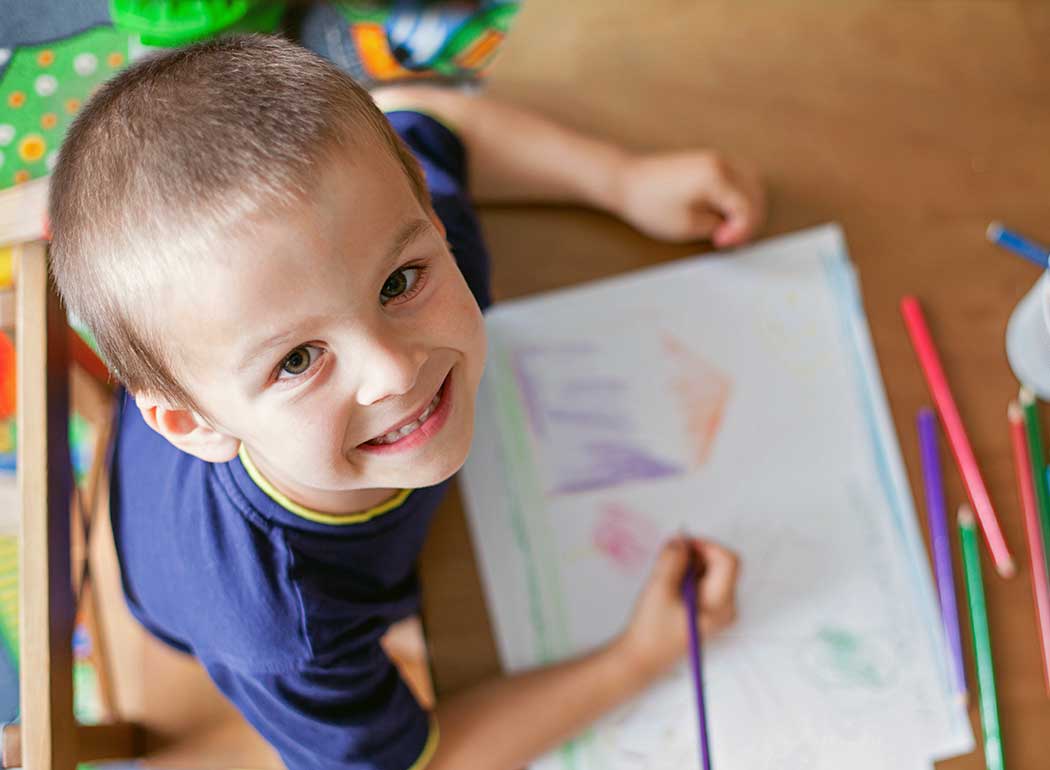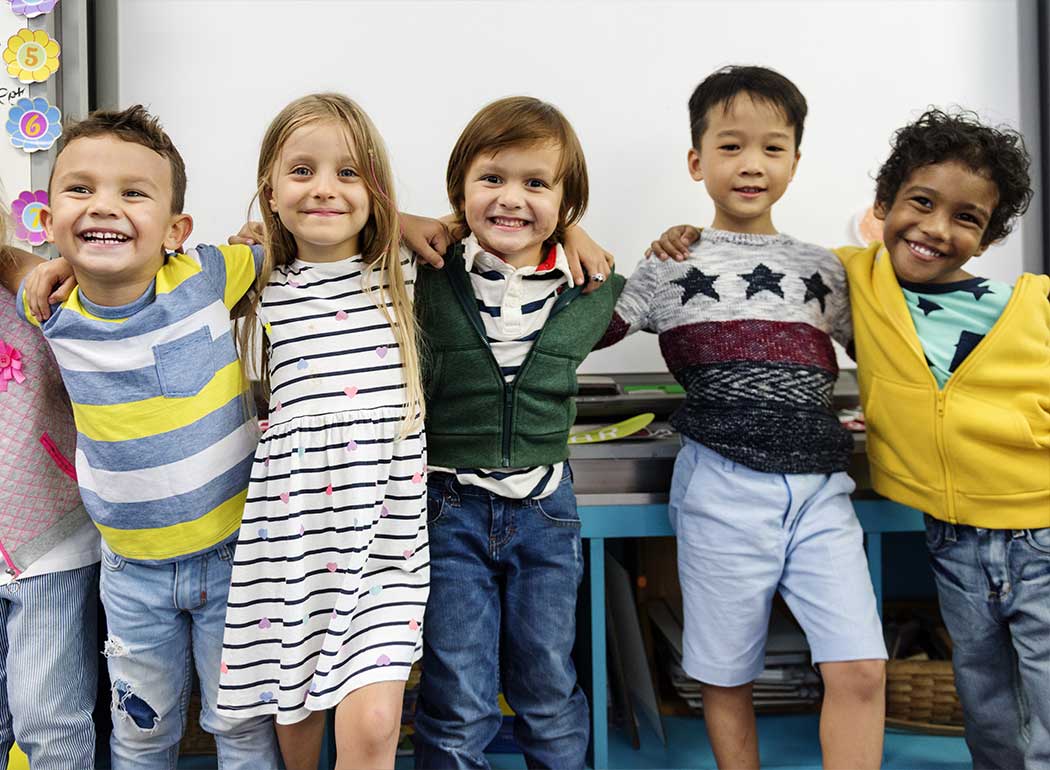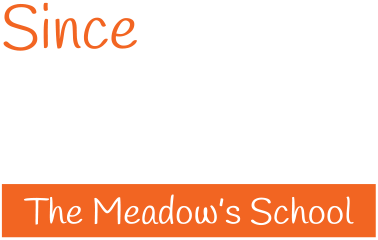-
“Nothing ever becomes real till it is experienced”
- John Keats
-
The Meadow's School Philosophy
The Meadow’s School educational philosophy, is based on the principle that children must learn from experience and practice. Children learn best within a loving, empathetic and supportive environment, with challenging and developmentally appropriate materials and activities. Building confidence, motivation, self-discipline, and esteem supports the unique work of a young child’s development. A confident child is ready to tackle new challenges. Young children are given the opportunity to experience productive activity and we celebrate every chid’s accomplishments.
Our environment contains purposefully designed activities and materials for the development of specific skill sets. A fun and engaging classroom invites children to learn at their own pace and according to their own individual style. With a loving and supportive teacher, children in our classrooms learn critical thinking and problem solving skills that they will carry with them their entire lives. It is our goal to cultivate curiosity, a love of learning and a love of ones-self and others.
It is the teaching strategies, prepared environments and the role of a loving teacher that distinguishes The Meadow’s School from other schools and care settings. Relationships and social skills are practiced daily, and attachment is the focus of our classroom management. Positive interaction with peers and teachers allow children to build behaviors and skills that promote their self-esteem allowing them to make better choices in life. The Meadow’s School is a home to all, children, families, and teachers. We are a close-knit school-family.
The curriculum allows children to discover fascinating things for the first time. Children’s natural motivation to discover and willingness to persist in a variety of fun activities give us opportunities to present outcomes for discovery.
Every aspect of the curriculum involves the child to utilize problem solving, creativity, attention and persistence. A child will learn self direction when given the opportunity for discovery. It is natural and fun for a young child to do so! In a Meadow’s School classroom, the emphasis is on how a child interacts and learns from their environment and experience, not from mere memorization. Helping students discover their world and allowing them to have some control in their success inspires children to want to learn more.
-
Premises of the Meadow’s School Education
- Each child is unique and learns differently from their peers. Each child needs to feel success
- Children who are motivated by what interests them and will tackle harder challenges and stay focused longer on something that interests them
- Activities that are developmentally appropriate, engaging and allow for critical thinking, problem solving, and discovery give children motivation and a lifelong foundation on which to build
- Children need loving, flexible, and supportive adults that will guide them, meet their needs, and facilitate engagement in high level play and purposeful learning
- Families play an integral part in a child’s education and success
-
How Does It Work?
Each Meadow’s School class is built upon the principles of respect for one another, respect for oneself, and respect for the environment. Our approaches to learning and self-regulation build a child’s future for academic success. Through positive approaches to learning, children are eager to acquire knowledge and cognitive skills, while at the same time learn attentiveness, persistence, independence, emotional regulation and positive social skills. Teachers build upon a child’s success, rather than failures, and encourage each child’s strengths and learning style. They plan for deeply engaging activities for small groups, that help children build learning skills while observing children to determine how the curriculum is meeting each child’s needs. Goals are created and reflected on regularly. Modifications are made for individual children and observation and documentation methods are used. Teachers find joy in every child!



